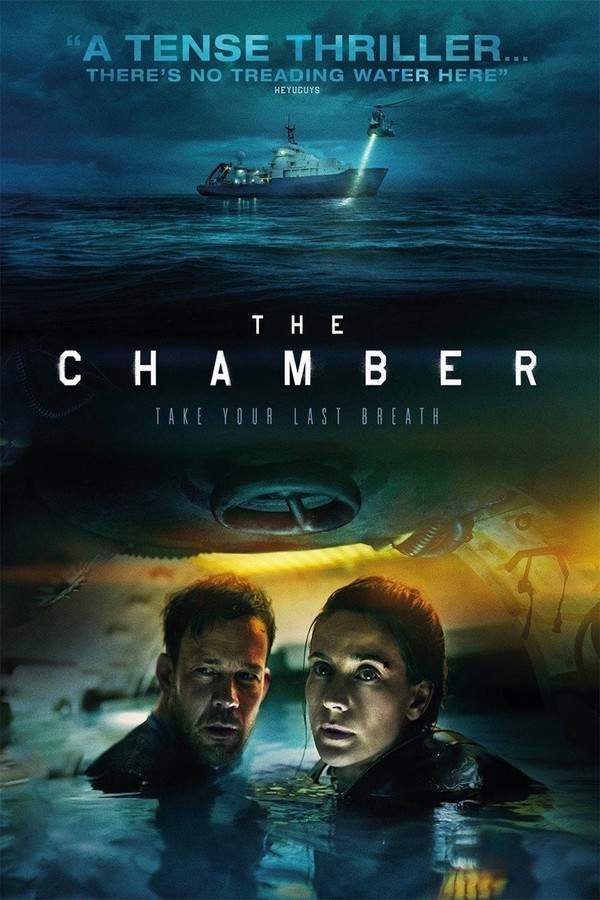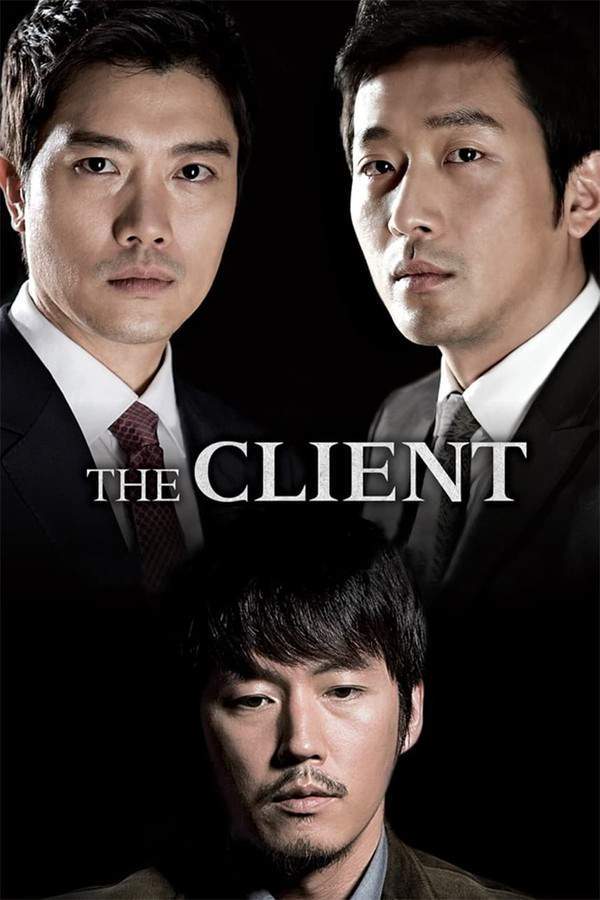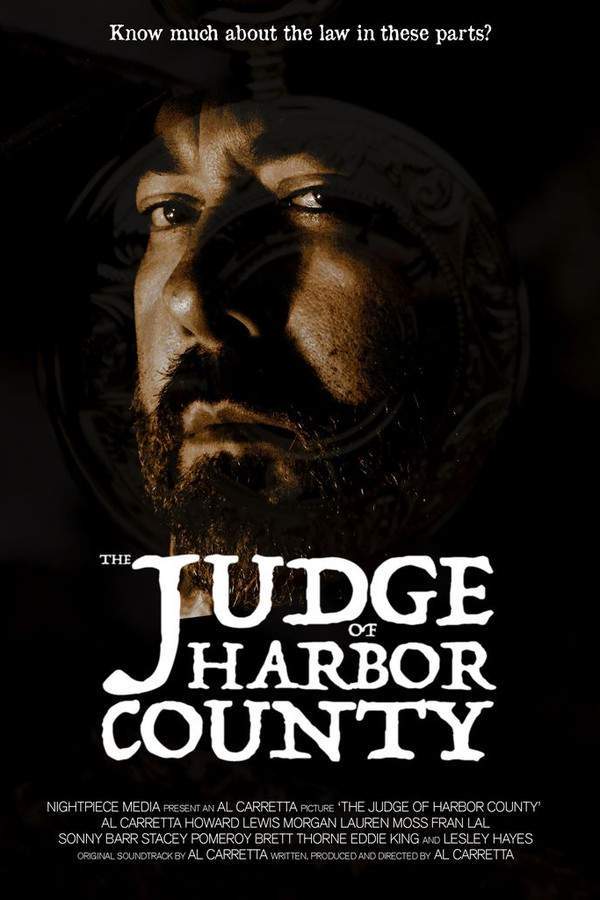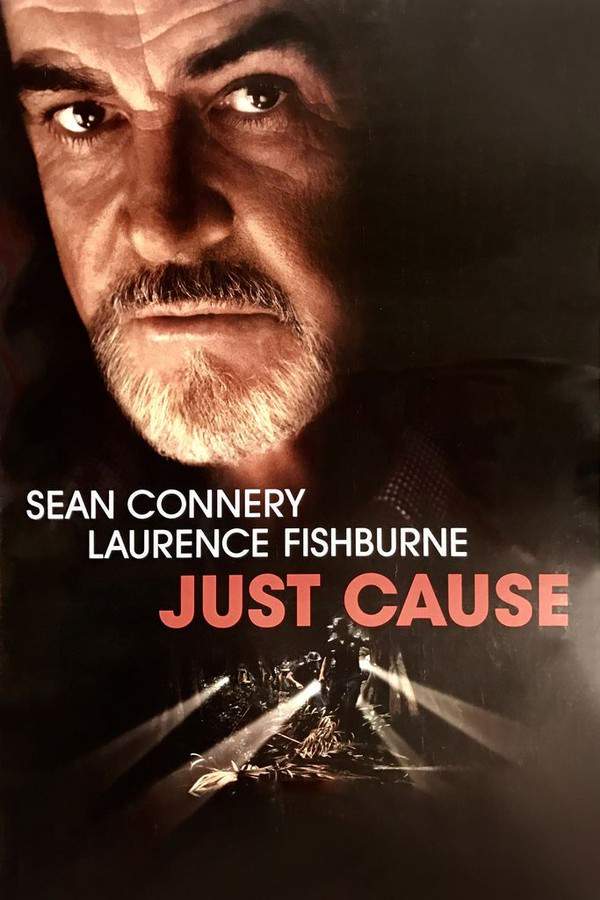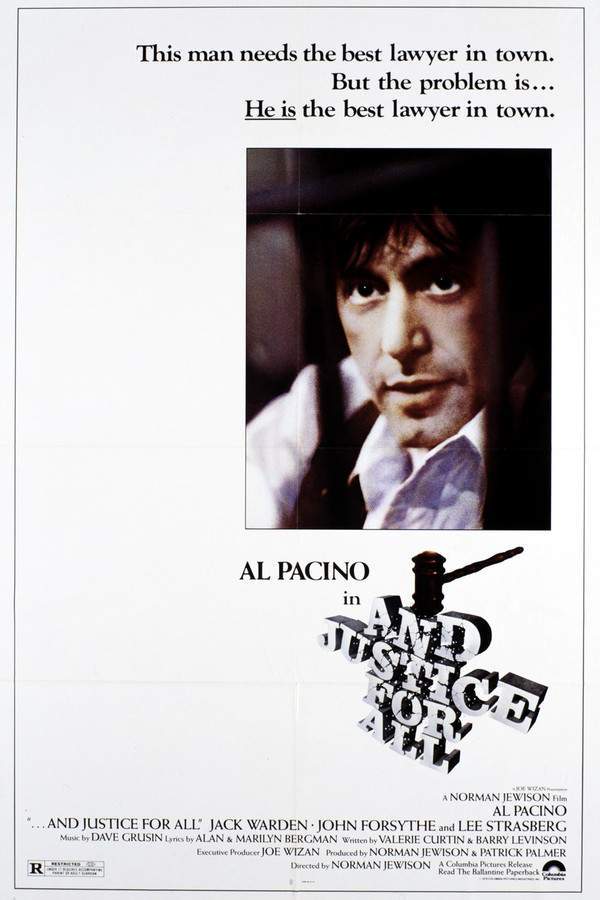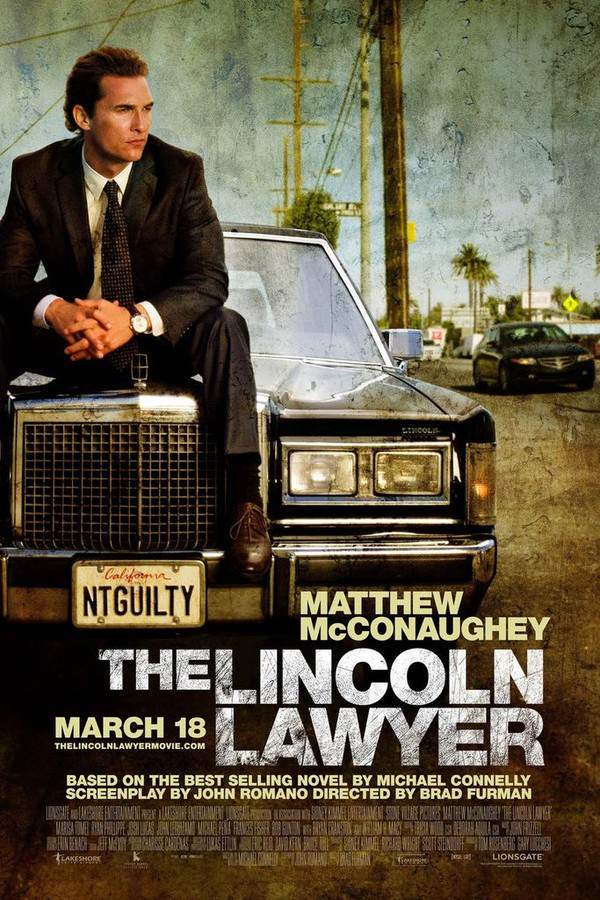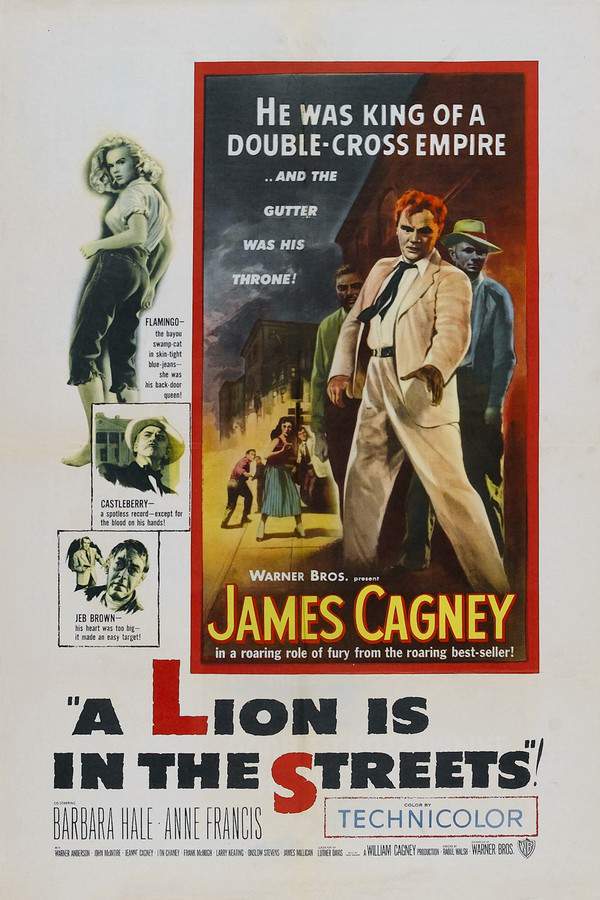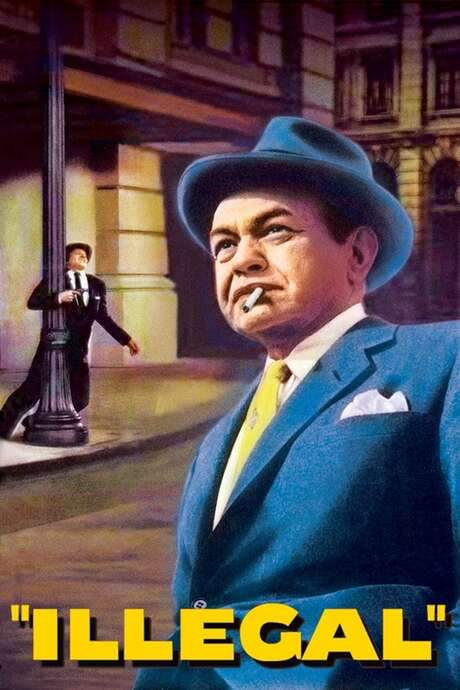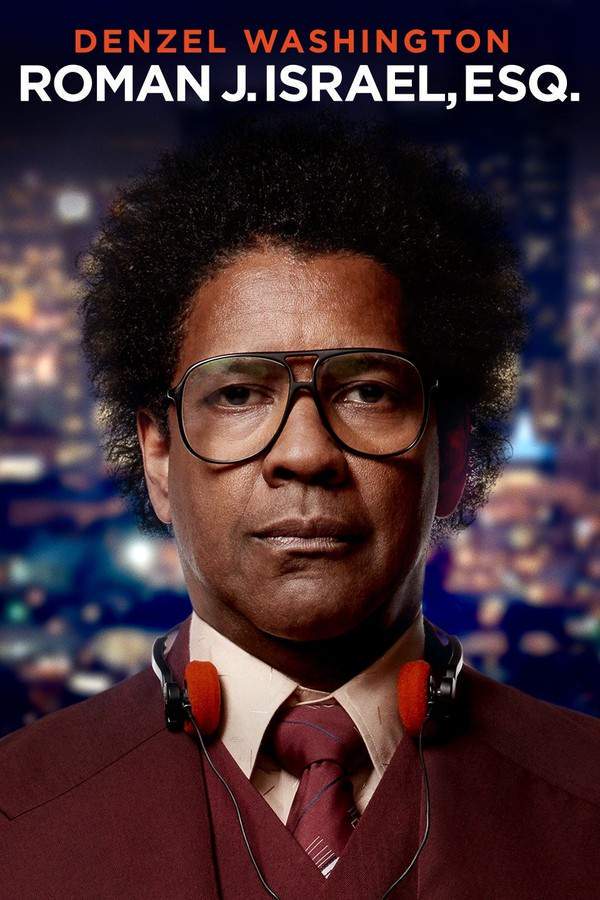
Roman J. Israel, Esq. 2017
Directed by

Dan Gilroy
Made by
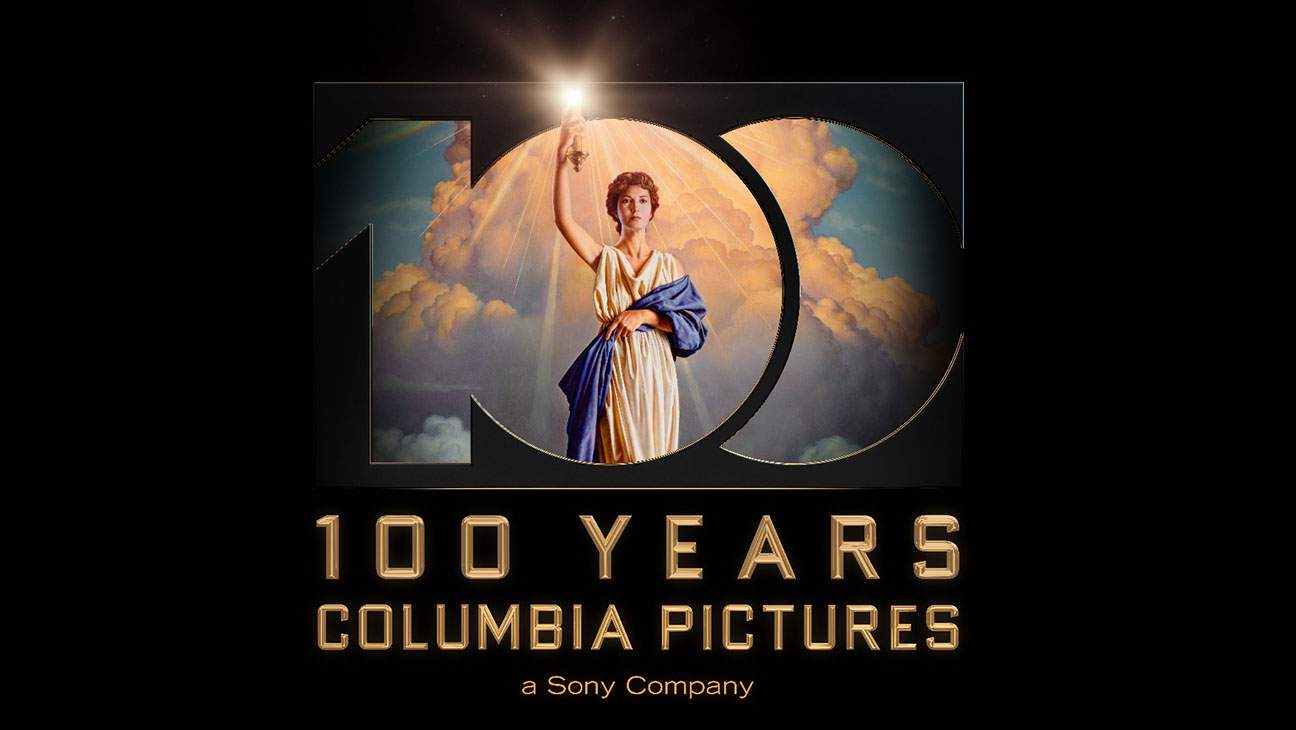
Columbia Pictures
Test your knowledge of Roman J. Israel, Esq. with our quiz!
Roman J. Israel, Esq. Plot Summary
Read the complete plot summary and ending explained for Roman J. Israel, Esq. (2017). From turning points to emotional moments, uncover what really happened and why it matters.
The film begins with Roman J. Israel, Esq., portrayed by Denzel Washington, an attorney diligently typing up a legal brief. Within this document, he boldly states that he is suing himself for violating his own principles, believing he deserves disbarment for his actions. The story unfolds as we see Roman at his desk in a law office when a call from his secretary interrupts him; she conveys that his law partner has suffered a heart attack, leaving Roman to handle all ongoing cases. She advises him to request continuances due to this unforeseen health crisis, but Roman has other ideas.
Determined, he appears in court where he makes a case for reducing charges against a defendant. This leads to a heated exchange with a judge, who ultimately holds him in contempt, accompanied by a $5,000 fine. Upon his return to the office, he meets his partner’s daughter and George Pierce, who informs him that the firm is facing financial difficulties. They assure Roman that he can wrap up some existing cases, but ominously caution that the future seems bleak.
Flashbacks reveal Roman’s deep-rooted involvement in the civil rights movement during the 1960s, demonstrating the firm’s significant influence during that era. Subsequently, Maya Alston, played by Carmen Ejogo, invites Roman to speak to a group of youthful protesters, offering them essential legal advice on handling potential arrests. During the session, Roman is taken aback by the gender dynamics he observes, specifically when he remarks on the protocol of men sitting while women stand. His insistence on traditional chivalry leads to a fierce dispute with one of the activists, prompting him to leave in frustration.
Outside, Maya attempts to reason with Roman when they stumble upon a homeless man collapsed on the street. As they check the man’s vitals, the police arrive, instructing Roman to step away. In a poignant moment, he slips his business card into the man’s pocket, asserting that he wants him to be remembered as a person, not merely a statistic. Maya is impressed by this act of compassion, wondering, “Who does something like that?”
Soon after, George presents Roman with a job opportunity after realizing the demand for his services among the community, stemming from his extensive outreach over the years. This leads George to reassess his firm’s priorities, pushing him towards pursuing pro-bono work. One particularly gripping case involves a young man accused of murder, who reveals critical information about the crime. A $100,000 bounty awaits anyone assisting in this major case—a bribe that Roman finds difficult to resist. They solidify a deal over the phone, arranging for a cash drop in a secluded alleyway.
With money in hand, Roman’s growing discontent becomes evident. He craves recognition and fair compensation, unlike many of his counterparts. This newfound cash enables him to indulge in lavish luxuries; he treats himself to gourmet donuts at Santa Monica, acquires new clothes, and opts for an upscale beachfront apartment. His transformation is noticeable when he returns to work at George’s firm, sporting a slick new appearance, prompting him to ask, “This isn’t gonna affect my salary, is it?”
Taking the lead on pro-bono endeavors introduces Roman to his first case involving a prison inmate charged with murder—the same individual he inadvertently compromised when he revealed the killer’s identity for the reward. This knowledge puts Roman in imminent danger, as the killer learns of his betrayal. In a desperate attempt to flee, Roman packs up his essentials, including crucial legal documents intended for long-term social justice reforms he’d been working on, and hits the road in a U-Haul truck. In a tense moment in the desert, thinking he’s being hunted, he realizes they are just joyriding children.
Receiving a call from Maya, he understands the urgency of returning to his fight for justice, instead of descending into a life of luxury as a high-priced attorney. Upon his return, a conversation with George ignites the spark to pursue meaningful change. As he begins to walk down the street, he notices a man stalking him, prompting George to follow them. Moments later, a gunshot rings out. The scene shifts to Roman’s briefcase lying abandoned on the ground, leaving his fate ambiguous.
In the end, the audience witnesses George entering a courthouse, carrying Roman’s long-cherished legal briefs, entangled in a quest for reform that continues to resonate through the legal system. The final moments encapsulate Roman’s legacy—the fight for justice he championed lives on, carried by a new generation.
Roman J. Israel, Esq. Timeline
Follow the complete movie timeline of Roman J. Israel, Esq. (2017) with every major event in chronological order. Great for understanding complex plots and story progression.
Roman J. Israel's Declaration
The film opens with Roman J. Israel typing up a legal brief in which he argues that he is suing himself for disbarment. His conviction stems from a belief that he has violated his own principles, setting the stage for his internal struggle throughout the story.
Heart Attack Crisis
Roman receives a distressing call from his secretary, informing him that his law partner has suffered a heart attack. Left on his own, Roman must navigate the firm's ongoing cases, refusing to seek a continuance despite the circumstances.
Courtroom Incident
Determined to defend a defendant, Roman appears in court and crafts an impassioned argument. This leads to a contentious exchange with the judge, resulting in Roman being held in contempt and fined $5,000, highlighting his unyielding approach to justice.
Facing Financial Struggles
Upon returning to his office, Roman meets the daughter of his partner, along with George Pierce, who reveal the grim financial situation of the firm. They acknowledge Roman's skills but caution that the firm's future looks bleak, foreshadowing challenges ahead.
Flashback to Civil Rights
Through flashbacks, the narrative explores Roman's deep involvement in the civil rights movement of the 1960s. This history reveals the significant influence his firm held during that era, adding depth to Roman's character and motivations.
Speaking to Young Activists
Maya Alston invites Roman to address a group of young protesters, where he provides essential legal advice. The interaction leads to a clash over gender dynamics, revealing Roman's struggles to adapt to the evolving societal expectations.
Compassion for the Homeless
After the protest, Roman and Maya encounter a homeless man who has collapsed. In a moment of compassion, Roman slips his business card into the man's pocket, wanting to remind him of his humanity. Maya is touched by this gesture, respecting his empathy.
Job Offer from George
George recognizes the community's need for Roman's services and offers him a job opportunity that emphasizes pro-bono work. This pivotal moment reflects a shift in George's understanding of the firm’s priorities and the impact they can have.
The Murder Case
Roman takes on a challenging case involving a young man accused of murder who reveals vital information. The case also comes with a $100,000 bounty for those involved, placing Roman in a morally ambiguous position as he weighs justice against personal gain.
Transformation and Luxury
With newfound cash in hand, Roman indulges in a luxurious lifestyle, treating himself to gourmet donuts and new clothes. His superficial transformation starkly contrasts with his former self, demonstrating the internal conflict between justice and personal desires.
Dangerous Realizations
Roman's actions catch up to him when he inadvertently exposes a killer, putting himself in grave danger. In a tense moment, he hastily packs vital legal documents and attempts to flee, illustrating the precarious nature of his situation.
Call from Maya
Receiving a call from Maya, Roman is jolted back to reality, realizing the importance of his fight for justice. This moment marks a turning point where he chooses to rise above his temptations of luxury and recommit to his principles.
Returning to Fight
Roman's determination to pursue meaningful change is reignited in a conversation with George. He steps onto the street ready to continue his battle for justice, though he remains haunted by the implications of his previous choices.
Ambiguous Conclusion
As Roman walks away, he notices a man following him, leading to a tense moment before a gunshot is heard. The scene fades to Roman's briefcase on the ground, leaving the audience questioning his fate and the consequences of his actions.
Legacy of Justice
In the final moments, George enters a courthouse carrying Roman's legal briefs, symbolizing the continuation of Roman's fight for justice. The narrative concludes with a sense of hope, as his legacy inspires a new generation to advocate for reform within the legal system.
Roman J. Israel, Esq. Characters
Explore all characters from Roman J. Israel, Esq. (2017). Get detailed profiles with their roles, arcs, and key relationships explained.
Roman J. Israel, Esq. (Denzel Washington)
Roman is a dedicated attorney deeply committed to social justice and civil rights. He struggles with his principles as he faces the realities of a flawed legal system, feeling neglected and unrecognized for his efforts. His journey reflects a profound inner conflict as he attempts to reconcile his ideals with the temptations of wealth and status.
George Pierce (Colin Farrell)
George is a pragmatic attorney who grapples with the financial struggles of the firm and the direction they should take. He represents a contrasting perspective to Roman, pushing for practical solutions while also recognizing the value of pro-bono work. His character evolves as he becomes inspired by Roman's determination for meaningful change.
Maya Alston (Carmen Ejogo)
Maya is a passionate advocate for social justice who encourages Roman to engage with the community. She serves as a voice of reason and challenges Roman's views on gender dynamics and activism. Her compassion and determination make her a crucial ally in Roman's quest for justice.
Roman J. Israel, Esq. Settings
Learn where and when Roman J. Israel, Esq. (2017) takes place. Explore the film’s settings, era, and how they shape the narrative.
Time period
1960s, contemporary
The film features flashbacks to the 1960s, a pivotal era for the civil rights movement in America. In this time, significant social tensions and the fight for justice were prevalent, influencing Roman's legal philosophy. The contemporary setting highlights ongoing struggles for equality and justice, bridging past and present.
Location
Los Angeles, Santa Monica, courtroom
The movie is set in Los Angeles, a vibrant city known for its entertainment industry and diverse culture. Santa Monica, a beach town within LA, serves as a backdrop for moments of indulgence and self-reflection. Courtrooms also play a crucial role, representing the challenges and complexities of the legal system.
Roman J. Israel, Esq. Themes
Discover the main themes in Roman J. Israel, Esq. (2017). Analyze the deeper meanings, emotional layers, and social commentary behind the film.
⚖️
Justice
The pursuit of justice is central to Roman's character and the narrative. His dedication to defending the marginalized reflects a deep commitment to civil rights and legal equity. Throughout the film, the complexities of moral choices within the legal system are poignantly explored.
💔
Disillusionment
Roman grapples with disillusionment as he witnesses the realities of the legal profession. His internal conflict between the ideals he values and the lucrative path he is drawn toward underscores the tension between ambition and integrity. This theme resonates as Roman's desire for recognition leads him astray.
🌍
Social Change
The film emphasizes the importance of social activism and community involvement in fostering change. Roman's experiences with protesters and his efforts to offer legal advice highlight the role of attorneys in advocating for social justice. His journey illustrates that true change requires courage and a willingness to confront difficult truths.

Coming soon on iOS and Android
The Plot Explained Mobile App
From blockbusters to hidden gems — dive into movie stories anytime, anywhere. Save your favorites, discover plots faster, and never miss a twist again.
Sign up to be the first to know when we launch. Your email stays private — always.
Roman J. Israel, Esq. Spoiler-Free Summary
Discover the spoiler-free summary of Roman J. Israel, Esq. (2017). Get a concise overview without any spoilers.
In the bustling legal landscape of Los Angeles, Roman J. Israel moves through the halls of a modest civil‑rights practice with a quiet intensity that feels almost reverent. Trained under the watchful eye of his late mentor, William Henry Jackson, he has built a reputation for taking on the most underserved voices, believing that the law itself should be an instrument of moral accountability. The film opens with his steadfast devotion to principle, setting a tone that blends thoughtful gravitas with an undercurrent of personal doubt.
When William Henry Jackson passes away, Roman is thrust into an unexpected crossroads: he must leave the familiar world of idealistic advocacy and step into the polished, profit‑driven environment of a high‑profile firm run by George Pierce. The contrast is stark—George champions a pragmatic, results‑oriented approach that often sidelines the very causes Roman has fought for. Their uneasy partnership becomes a study in compromise, as the seasoned attorney’s polished veneer clashes with the newcomer’s uncompromising sense of justice. The office itself feels like a character, its sleek conference rooms and glossy branding echoing the tension between lofty ideals and the realities of modern law.
Amid this professional turbulence, Maya Alston emerges as a grounding presence, reminding Roman of the community roots that first inspired his career. Their interactions are layered with mutual respect and subtle challenge, highlighting his struggle to reconcile the desire for broader impact with the seductive promise of personal recognition. The film’s tone remains contemplative, weaving moments of quiet compassion—such as a simple act of kindness toward a stranger—into the broader narrative of a man wrestling with the cost of his convictions.
All of this builds toward a pivotal moment when Roman is drawn into a case involving a young man, Langston Bailey, whose fate could become a litmus test for the attorney’s enduring principles. As the story unfolds, the audience is left to wonder whether Roman will be able to navigate the seductive allure of wealth and status without surrendering the core of his moral compass, or whether the very foundations of his lifelong fight for justice will be reshaped in the process.
Can’t find your movie? Request a summary here.
Movies with Similar Twists and Themes
Uncover films that echo the narrative beats, emotional arcs, or dramatic twists of the one you're exploring. These recommendations are handpicked based on story depth, thematic resonance, and spoiler-worthy moments — perfect for fans who crave more of the same intrigue.
Featured on this page

What's After the Movie?
Not sure whether to stay after the credits? Find out!
Explore Our Movie Platform
New Movie Releases (2025)
Famous Movie Actors
Top Film Production Studios
Movie Plot Summaries & Endings
Major Movie Awards & Winners
Best Concert Films & Music Documentaries
Movie Collections and Curated Lists
© 2025 What's After the Movie. All rights reserved.


